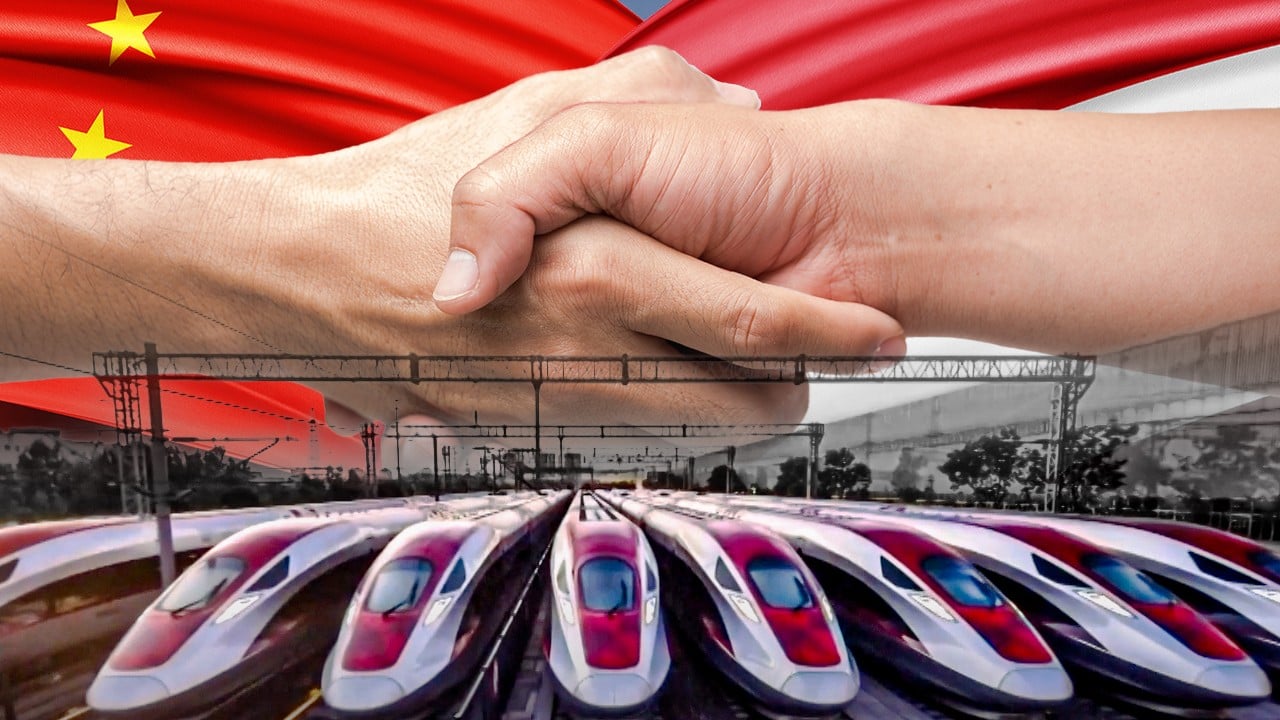Chinese officials head to Indonesia for ‘2+2’ military and diplomacy talks – Technologist
According to the Chinese foreign ministry, the two sides will “exchange views on China-Indonesia relations and international and regional issues of common concern”.
Foreign vice-minister Sun Weidong and Zhang Baoqun, deputy director of the Central Military Commission’s Office for International Military Cooperation, would lead the mission to Jakarta, it said, without specifying when the discussions would start.
China and Indonesia have close ties in various areas, including trade, investment and diplomacy, and the talks are designed to build strategic mutual trust between the two.
Chinese Foreign Minister Wang Yi said earlier this year that Beijing hoped to speed up the negotiations.
During his visit in Jakarta in April, Wang called for better security and political cooperation between the two countries and for the two sides to firmly support each other on core interests.
Various countries, including China, have overlapping claims in the South China Sea’s resource-rich waters but Indonesia has said it is not one of them.
Nevertheless, Jakarta does have sway in the region on the issue. It also says its exclusive economic zone in the North Natuna Sea falls within China’s so-called nine-dash line, which Beijing uses to demarcate its claim to around 90 per cent of the South China Sea.
In recent months, China has also engaged in stand-offs with the Philippines, another Asean member, over contested islands and shoals – disputes that it has accused the United States of meddling in.
Asean is China’s biggest trading partner, with bilateral trade volume reaching 3.92 trillion yuan (US$547 billion) in the first seven months, up 10.5 per cent from a year earlier, according to data released last week by the General Administration of Customs of China.
The trade with the bloc accounted for 15.8 per cent of China’s total for the period.
Meanwhile, China has been Indonesia’s top trading partner for 10 years and a major source of investment in the country.
South Korea and China also held vice-ministerial level 2+2 talks in June, as part of an agreement reached in May between South Korean President Yoon Suk-yeol and Chinese Premier Li Qiang.


